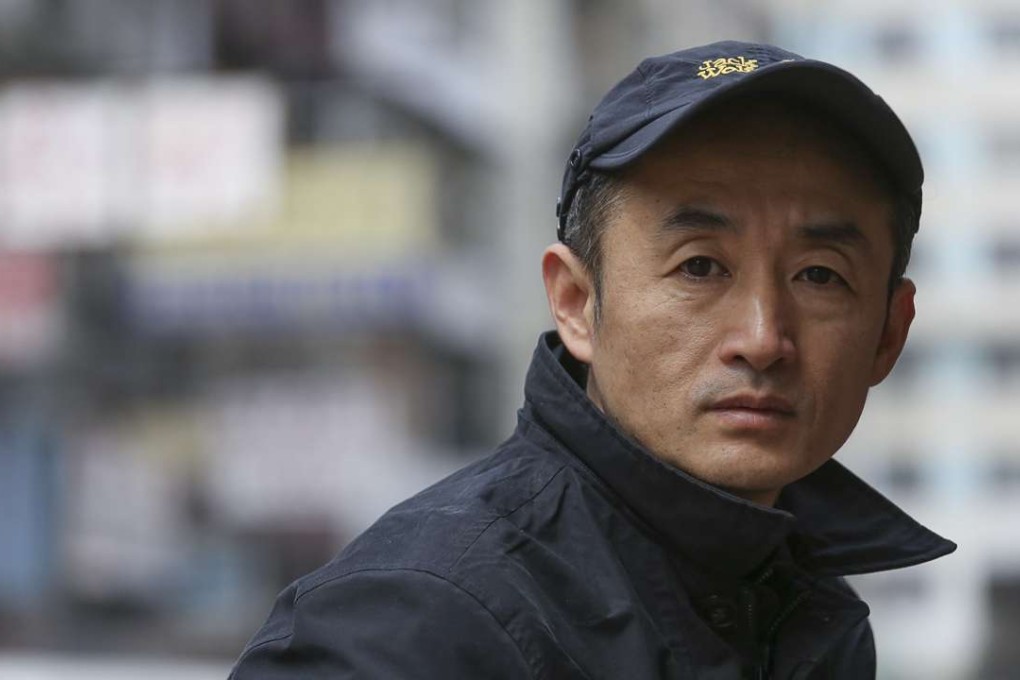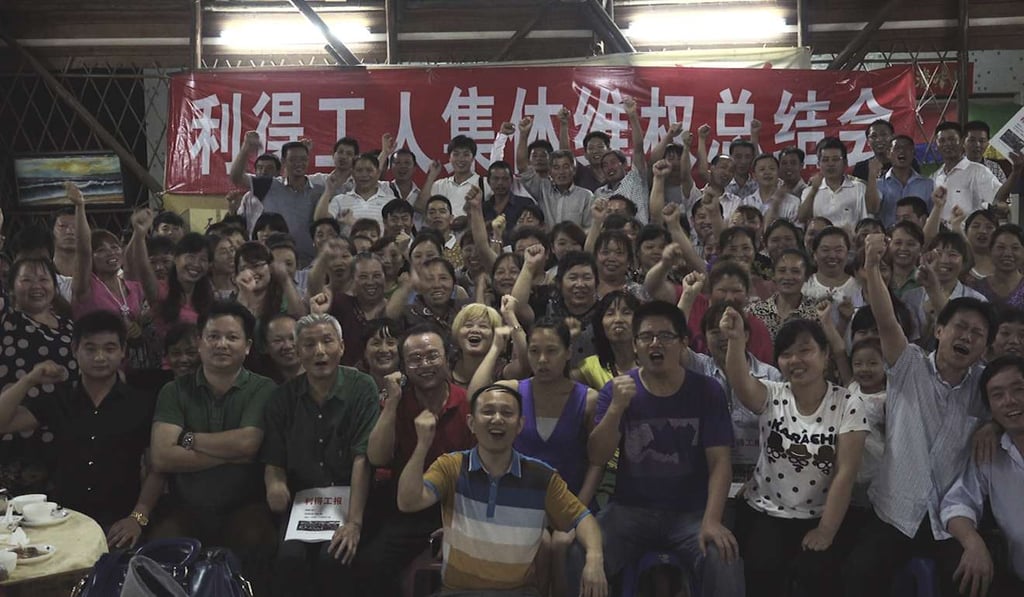Chinese filmmaker who documented labour activists’ fight for workers’ rights in southern China tells of exile in Hong Kong
Huang Wenhai lived with the threat of violence – from Chinese security officials and thugs hired by Guangdong factory owners – for years before joining exodus of filmmakers to Hong Kong, where he relishes freedom to cast his net wider

Now into its 46th edition, the International Film Festival Rotterdam has provided fertile ground for mainland Chinese directors during the past three decades.
In the 1980s, a young Chen Kaige was feted in the Dutch city for his early films, including Yellow Earth. He Jianjun’s Postman was one of three winners of the festival’s inaugural Tiger Awards for short films in 1995. Zhang Yuan’s Sons (1996), Lou Ye’s Suzhou River (2000), Han Jie’s Walking on the Wild Side (2006) and Huang Ji’s Egg and Stone (2011) all went on to win prizes. Wang Bing received his first break in Rotterdam, with the festival providing him funds to finish Tie Xi Qu: West of the Tracks, a monumental nine-hour debut exploring decaying landscapes occupied by China’s state-owned industries.

This year, it’s the turn of Huang Wenhai, a native of Hunan province whose latest feature-length documentary premiered on January 31 in Rotterdam. Bookended by dazzling imagery of vast Chinese shipyards and factories, the three-hour-long We, the Workers is a detailed, intimate and at times terrifying record of labour activists’ risky campaigns against unscrupulous employers, their menacing minders, and indifferent – or downright hostile – national security officials.
Huang spent a year living in cramped quarters in Guangdong alongside the film’s subjects: activists from NGOs Panyu Workers’ Centre and Haige Labour Centre. The film depicts frustrations and angst as the activists challenge factory owners over unpaid wages, and encourage workers to unite and fight for their rights. The most harrowing scene sees its central character, a visibly bruised labourer-turned-campaigner Peng Jiayong, reveal how thugs beat him up and left him for dead in a clearing the previous night.
